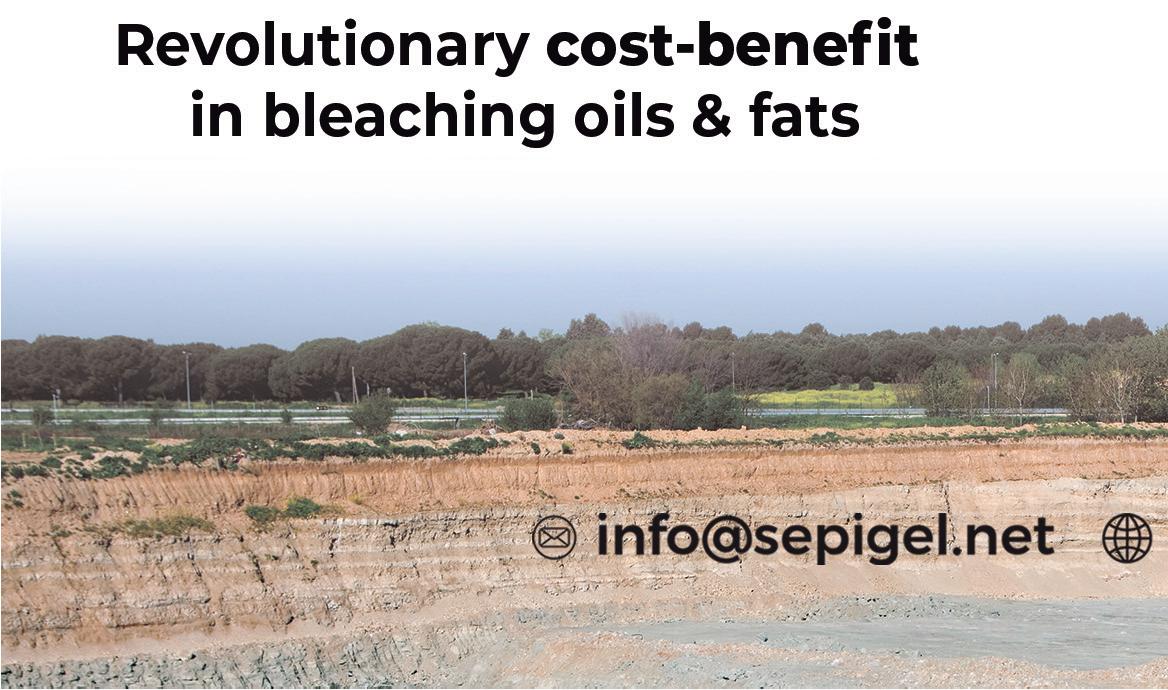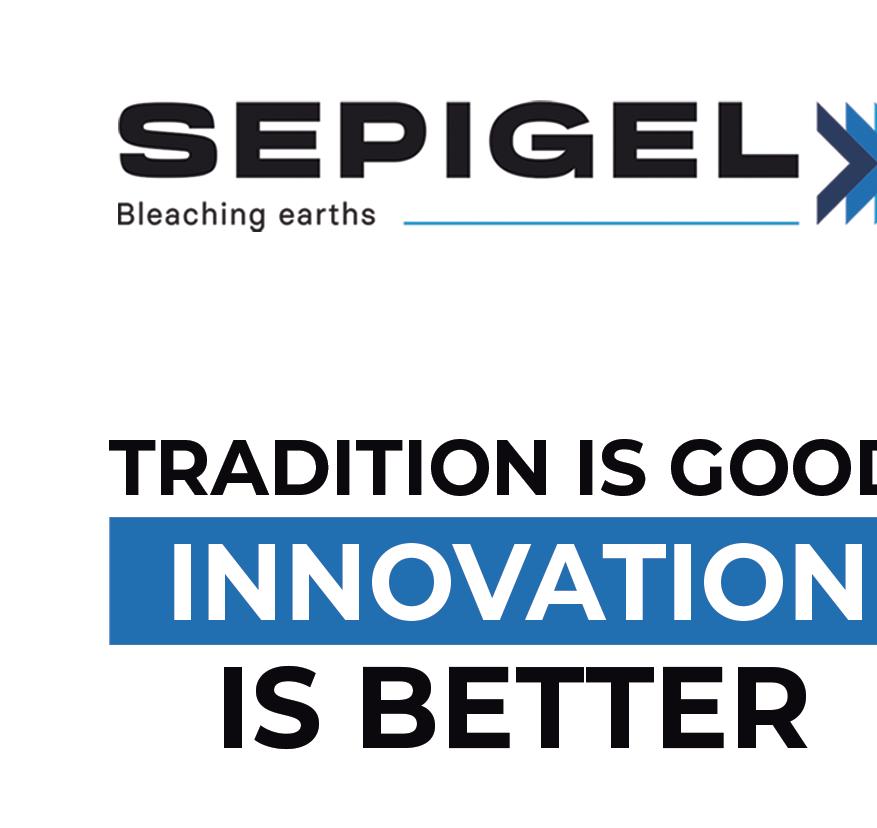
1 minute read
Rising US HVO production sparks Argentine concern
The USA’s increasing use soyabean oil to produce hydrotreated vegetable oil (HVO) threatens Argentine exports of soyabean meal, according to a report by the Rosario Stock Exchange (BCR) reported by Argentine newspaper Clarín on 24 January.

Conversions of petroleum refineries to HVO production using mostly soyabean oil had increased significantly in the USA, leading to an 88% increase in HVO production from January-September 2022, against the same period the previous year.
The BCR report said US HVO consumption was expected to reach 9M tonnes this year and nearly 12M tonnes in 2024.
Argentina was concerned that increased soyabean oil production in the USA to obtain HVO feedstock was accompanied by increased meal production, one of Argentina’s main agro-exports, Clarín wrote.

This extra supply would depress international prices for soyabean pellets.

According to BCR estimates, US soya meal production could increase by more than 11M tonnes in the next five years and its exports by more than 6.4M tonnes.
Thirteen new soyabean processing plants and 10 expansions of existing plants have been announced in the USA, American Soybean Association data shows.
A 2 February US Energy Information Administration (EIA) ‘Today in Energy’ report said the country’s HVO production capacity could more than double by the end of 2025 to 384,000 barrels/day (5.9bn gallons/year).
Eight new HVO refineries started production either in 2022 or earlier this year: CVR Energy’s plant in Oklahoma; Diamond Green Diesel’s plant in Texas; HollyFrontier’s plants in New Mexico and Wyoming; Montana Renewables’ plant in Montana; New Rise Renewables’ plant in Nevada; Seaboard Energy’s plant in Kansas and Shell’s plant in Louisiana.
Germany plans to approve sales of 100% renewable diesel
Finnish oil refining and renewable diesel producer Neste has welcomed the German government’s proposal to approve the sale of 100% synthetic fuels and renewable diesel at fuel stations.
“So far, the sales of synthetic fuels, such as e-fuels and renewable diesel in Germany have been largely limited to fuel blends in which these fuels have repre- sented about a 26% maximum content,” the company said on 2 March. “The sales of unblended 100% renewable diesel has previously only been allowed in specific segments, such as in non-road vehicles and public transportation.”

The German proposal was set out by Federal Minister of Transport Dr Volker Wissing, who said on 3 March that Ger- many would not agree to a landmark EU law to end sales of CO2-emitting cars in 2035 unless sales of new cars with internal combustion engines be allowed after that date if they run on e-fuels, according to a 7 March Reuters report. E-fuels are made by synthesising captured CO2 emissions and hydrogen produced using renewable or CO2-free electricity.










